Liam Neeson plays the protagonist Bill Marks in true badass fashion. I’ve always been a fan of his acting, but only in the right movies. Non-Stop takes itself far too seriously to have someone like Neeson in the lead role. The script contains some witty action movie one-liners for him to chew on, but they feel so out of place in a movie this dark. Terrorism is a serious topic; a movie like United 93 really understands how to treat this subject with the reverence while still making for a compelling story. You better not try to tackle a topic as serious and heartbreaking as terrorism if you’re going to make a fast-paced action movie starring Liam Neeson. By the film’s end, it becomes a “message movie” that tries to make a point about American security policy in an attempt that made me cringe while watching it. In this respect, Non-Stop failed miserably.
When texts start to show up on Marks’s phone, he pretends that there’s a random search going on so as not to freak out the passengers about a possible terrorist situation and starts searching for someone with a phone. Here’s where the movie started to get really annoying: all of the passengers are annoyed by this “random search” in such a “First World Problems” kind of way that makes them extremely unsympathetic. As things begin to escalate and passengers start to die, they start to get more and more angry at Marks for trying to figure out what’s going on. One guy wants to sleep, another is annoyed that he’s being made to keep his hands visible, everyone is startled and upset about how seriously Marks is taking his search. I can’t even begin to imagine being angry with an Air Marshall for making sure that a plane is safe. But the plot rides on this; the major twist in the movie is that the terrorists plan to frame Marks for the crime. Therefore, as more and more fake evidence comes out that Marks is about to hijack the plane, the passengers start to turn on him as he reasonably becomes more and more freaked out by the notion of passengers being killed.
Ultimately, Non-Stop is a movie that that relies too much on misunderstandings between characters that we simply don’t care about. I can tell the producers had that same thought because they try adding moments of character development for Neeson’s character that just fall flat. They make him an alcoholic and give him a daughter that he failed many years before, so they spin the idea of saving the plane into a way to redeem his past wrongs. It’s a good idea on paper, but he randomly brings up his daughter in the middle of interrogations and searches, which makes no sense. There’s no denying that some of the plot developments are clever, there are some well-filmed action sequences, and the ways the terrorists frame Marks are shocking enough, but when the plot rides on boring, flat characters, it’s impossible for it to have any substantial impact.
Grade: C-


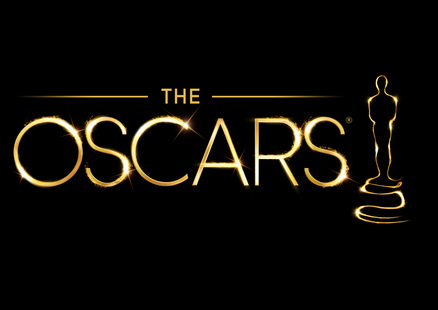
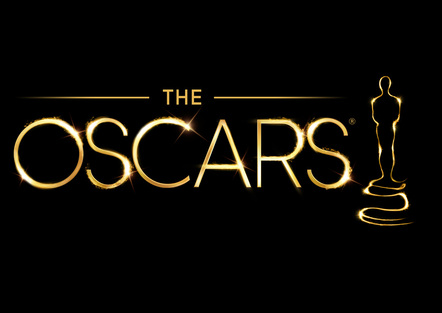
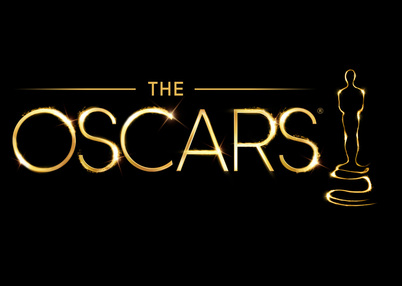

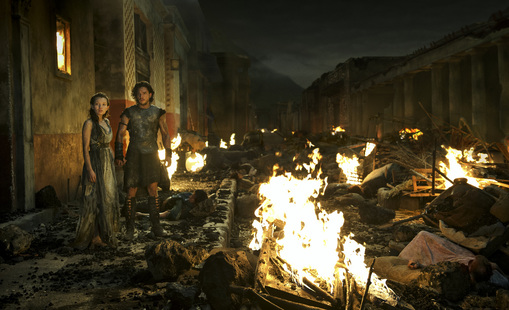
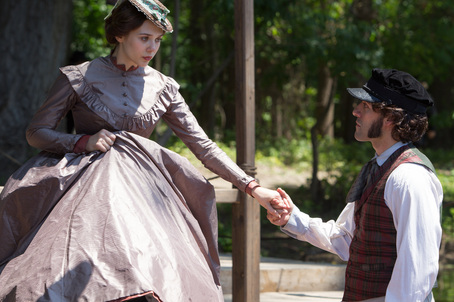


 RSS Feed
RSS Feed
